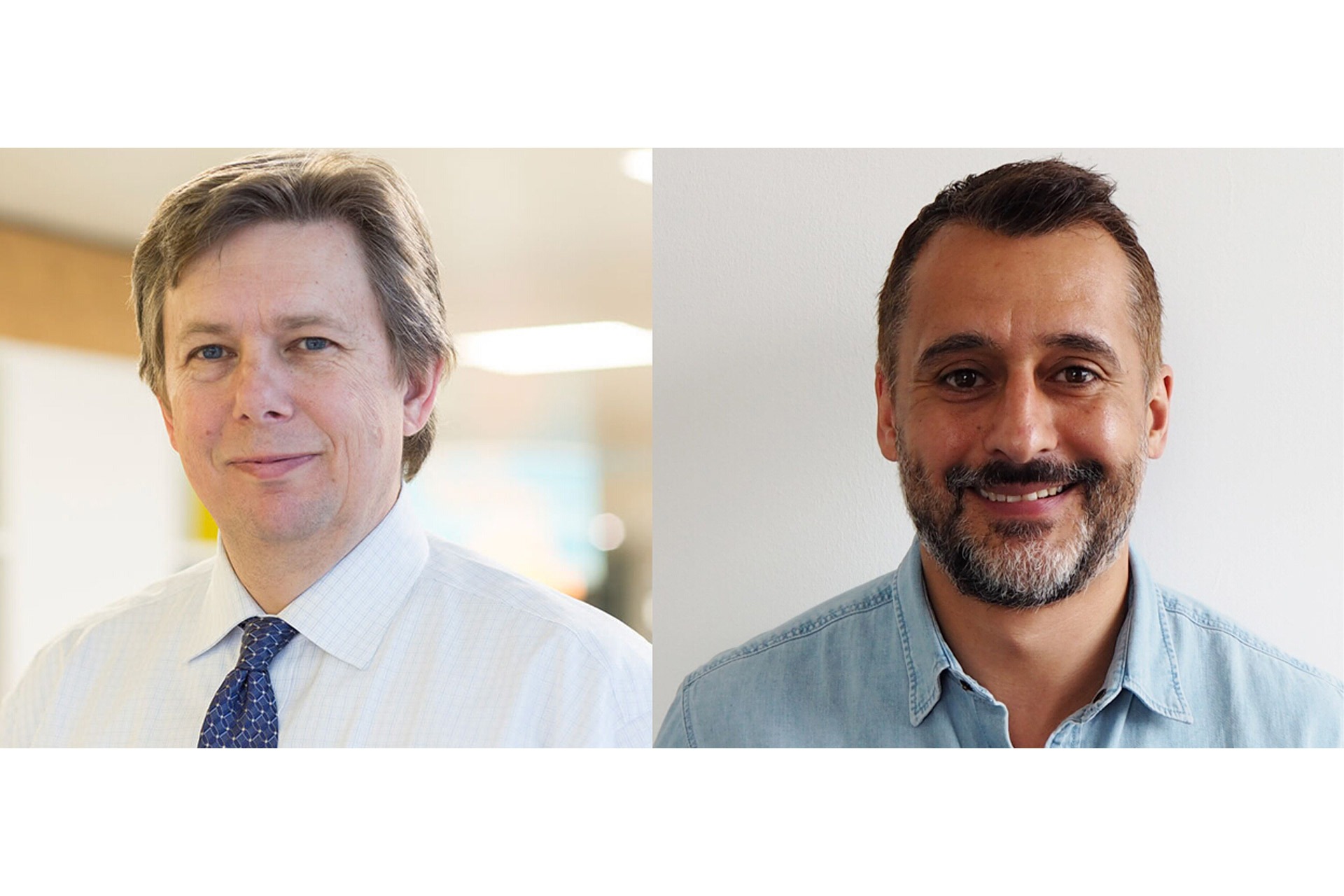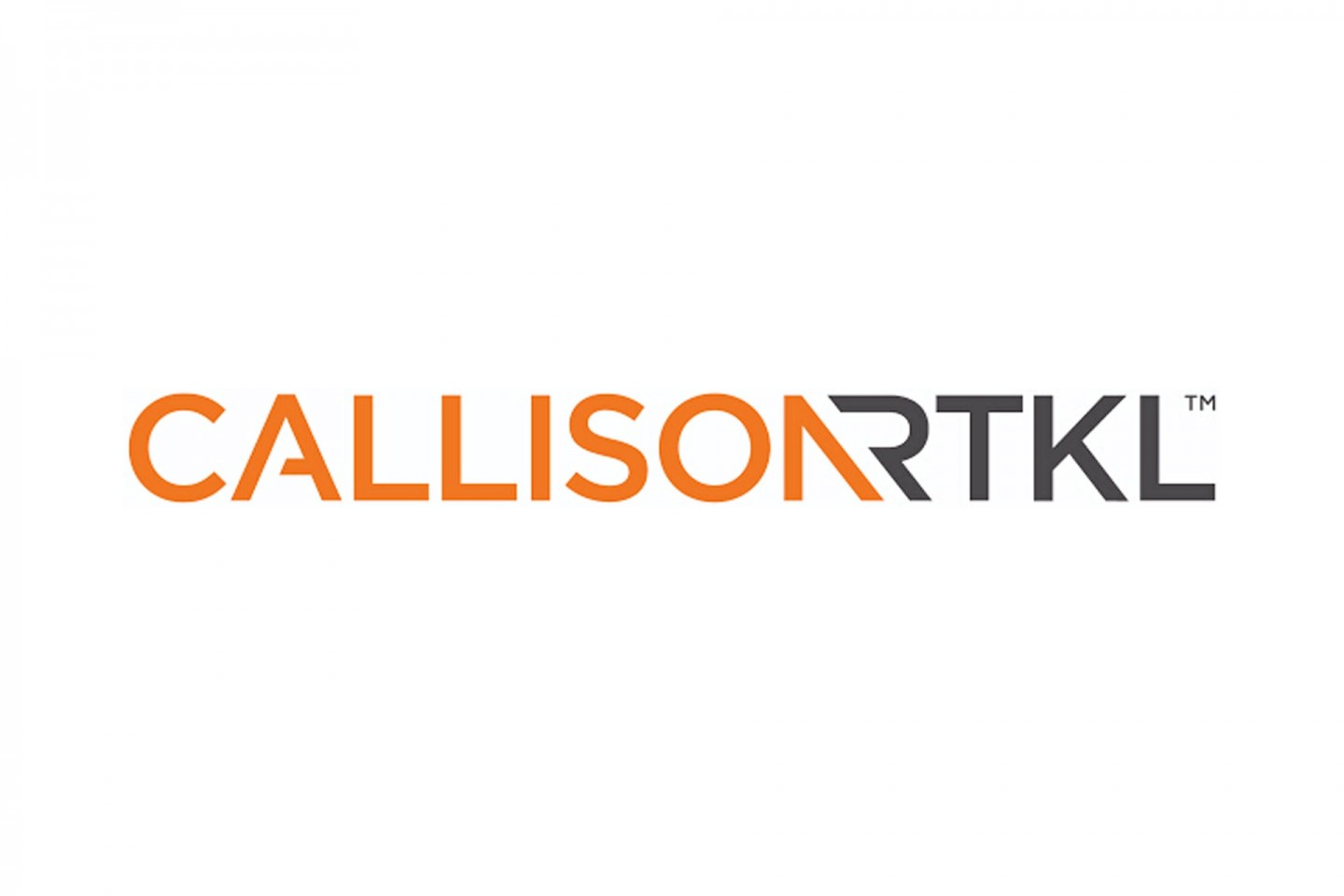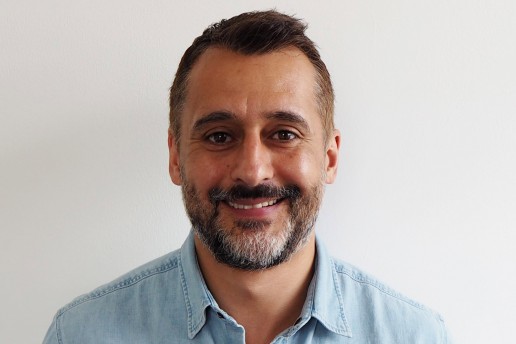Q&A: CallisonRTKL talks pipeline projects and the future of hospitality
As CallisonRTKL looks to expand its hotel portfolio worldwide, we caught up with EMEA Managing Principal Todd Lundgren (left) and newly-appointed Associate Principal – Hospitality Practice Lead Ramsay Ritchie (right) to discuss its upcoming projects and how the pandemic will force hospitality to become more agile.

How do you describe CRTKL’s approach to design?
TL: CRTKL looks at projects in a truly holistic way. From master planning to branding or architecture and interior design, we are able to look at projects with both a macro and micro lens, which is critically important for hospitality. It means we can both define the overarching narrative and vision for a project, right through to communicating and reinforcing that vision at the smallest scale, all focused on delivering an amazing guest experience. Key themes and initiatives of the overall business include ‘human centric design’ – really designing our projects with the users (guests) in mind, wellness, and resiliency. These initiatives relate specifically well to the hospitality design arena and are the focus of our design thinking in all of our projects.
Ramsay, having recently joined CallisonRTKL, what are you hoping to bring to your new role?
RR: I am hoping to make the hospitality sector a driver for economic and cultural recovery during the pandemic, with cross-sector relevance through the redevelopment and repurposing of assets in the UK and abroad. Post-pandemic, I would like to see the residential and hospitality sectors more intrinsically linked, as the business models have become very similar through our build-to-rent work and senior living capability.
How has Covid-19 transformed the hospitality landscape?
RR: Covid-19 has made hospitality more central to our general wellbeing and connectivity, from the necessity of quarantine hotels to the need for escapism from our day-to-day experiences. Our human need for travel, adventure and delight is an essential part of life and without hospitality venues, available in all categories, the chances to develop new connections and make lasting memories are significantly limited. I believe wellness and an increase in authentic partnerships with local businesses will be key to the new landscape.
TL: The jury is still out on what will be the lasting impact of Covid-19. There are people who still believe that things will go back to ‘old’ normal at some point, others believe there will be a fundamental change but aren’t sure what it is yet, and some are trying to find and define that ‘new’ normal. It’s fair to say there will be a heightened awareness to health and wellness that will live beyond the pandemic and in the near-term leisure destinations seem to be the first potential beneficiaries. However, as we have seen in the last year, the pandemic continues to shift and evolve, so we have to be agile and adaptable in our solutions and thinking.
Will sustainability be a driver of change in the coming years?
TL: Sustainability has traditionally been focused on doing less harm, but we are now looking at how we encourage our clients towards the positive impacts and benefits that our projects provide. Carbon neutral should be the new non-negotiable baseline, while exploring how we can be carbon-positive is where we need to be in this brave new world. This approach will need active collaboration from all project stakeholders, which won’t happen overnight but if done successfully can benefit people, profits and the planet immensely.
RR: Architects and designers around the world are already extending the remit of sustainability across all their project work. From the 20th century’s self-sufficiency culture, through to regenerative and restorative work, resilience is now the greatest opportunity to implement meaningful change in our lifetimes.
Can you tell us about some of the projects you’re working on?
TL: We are actively working on a number of exciting projects, including those that were won during the course of the pandemic. They include a five-star hotel and mixed-use development in Cameroon, Africa; an Italian waterfront residential and hotel development; and a luxury wellness resort in the North Atlantic – all very different but equally unique in their offer and positioning. We’ve been fortunate that much of our existing work from before the pandemic has continued to progress, including a significant resort development in Switzerland that has multiple hotels and a branded residential element. We are now out to tender to finalise the contractor and are looking forward to construction starting in summer.
What challenges will the hotel industry face in the future?
RR: The hotel industry must invest for the future. The days of non-disruption to operations have passed and are not coming back in the near term. Creating estates where all parties can contribute in a holistic way will ensure the industry is fit for the future and able to grow in a controlled way. Hopefully, this pandemic will help stop economic cycles of boom and bust so disruptive to investment and sustainable development.
TL: Hospitality is such a massive contributor to employment, GDP and carbon emissions. The industry has an obligation, as well as opportunity, to positively impact guests, employees, communities and the planet. Travel and tourism is no longer a luxury for just the few, but a way of life and a right for a large cross section of the population. The pandemic has really only reinforced the desire and need for people to travel, explore and connect – and the industry can take advantage of this realisation to be a leader in connecting people in new way, positively impacting the issue of climate change while reinforcing community and sense of place.
Related Posts
3 February 2021
CRTKL appoints Hospitality Practice Lead
1 February 2021




